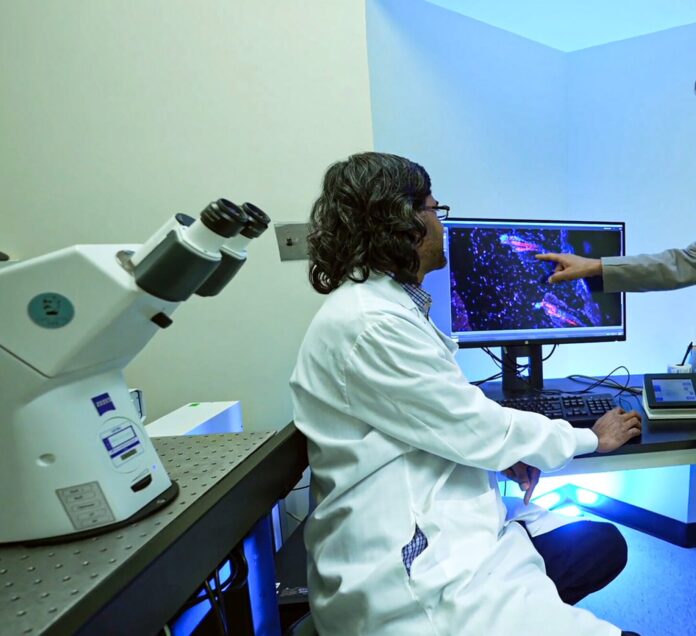Recent research has indicated that a commonly used ingredient in popular energy drinks such as Red Bull and Celsius may accelerate the development of blood cancer cells. Taurine has been used in energy drinks to promote concentration, hydration, and better athletic performance. On the other hand, current studies have found a connection between taurine consumption and higher chances of developing leukemia.
Taurine’s Role in Cancer Cell Growth
Researchers from the Wilmot Cancer Institute at Rochester University designed the research. Researchers tested the impact of taurine on mouse and human leukemia cells. The results were startling: The tests showed that leukemia cells take up taurine, making them more efficient in breaking down glucose and growing faster.
Leukemia cells utilize the glycolysis process to produce energy quickly, the energy they need to multiply and disseminate in the body. Increased taurine levels in leukemia cells speed up glycolysis and enable the cancerous cells to develop and disseminate within the body rapidly. This research has led experts to advise that excessive intake of taurine, much of which is contained in energy drinks and supplements, may affect individuals with leukemia or raise their chances of developing it.
Natural but Potentially Harmful in Excess
Taurine is present naturally in the body, as well as in certain products from animals like meat, fish, and eggs. Taurine is used in functions such as digestion, maintaining blood levels of electrolytes, and the functioning of the nervous system properly. Taurine is promoted by most energy drink businesses as a nutritional product that has health benefits.
On the other hand, the study highlights that excess taurine obtained from energy drinks might lead to unexpected dangers. Introducing larger amounts of taurine through energy drinks can help strengthen the growth of cancer cells.
Leukemia patients and others with an elevated risk of the disease were urged to limit their consumption of taurine. This study raises the concern that using taurine as an addition to chemotherapy may require more careful consideration.
Also read: Apple Delays Fortnite Return to iOS After Court Ruling
Scientific Insight and Early Findings
They also focused on the SLC6A6 gene, which regulates the movement of taurine within the body. Healthy bone marrow cells of leukemia-model mice were found to synthesize taurine, which was subsequently transported into cancer cells by the SLC6A6 gene. Inhibiting the transporter protein extended the amount of time it took for the cancer to develop.
Researchers believe that their recent discoveries could open up new possibilities for treating various types of leukemia. Future cancer treatments that focus on interrupting the absorption of taurine by cancer cells could potentially slow the progression of the disease without affecting normal cells.
Implications for Energy Drink Consumers
Energy drinks have become increasingly popular among teenagers and athletes too, propelling the industry to billions in value around the world. Manufacturers promoting energy drinks market that they boost performance, yet the risks of using them in the long term are unknown. Additional research shows that frequent intake of high doses of some energy drink ingredients may be harmful to health.
Although it was shown that occasionally consuming an energy drink wouldn’t lead to cancer, the study provides cautionary signs of repeatedly consuming high levels of taurine. With taurine being present in many drinks, powders, and supplements, individuals can consume more than they are even aware.
Conclusion
This study sheds light on how some compounds present in everyday products may contribute to the development of cancer. This discovery underscores the need for stricter control over energy drinks and their list of ingredients.
More study is needed, but for now, consumers should limit their consumption of taurine. Those with a history of cancer or a high risk of it are advised to reduce their consumption of taurine as scientists continue to study the link to leukemia.








